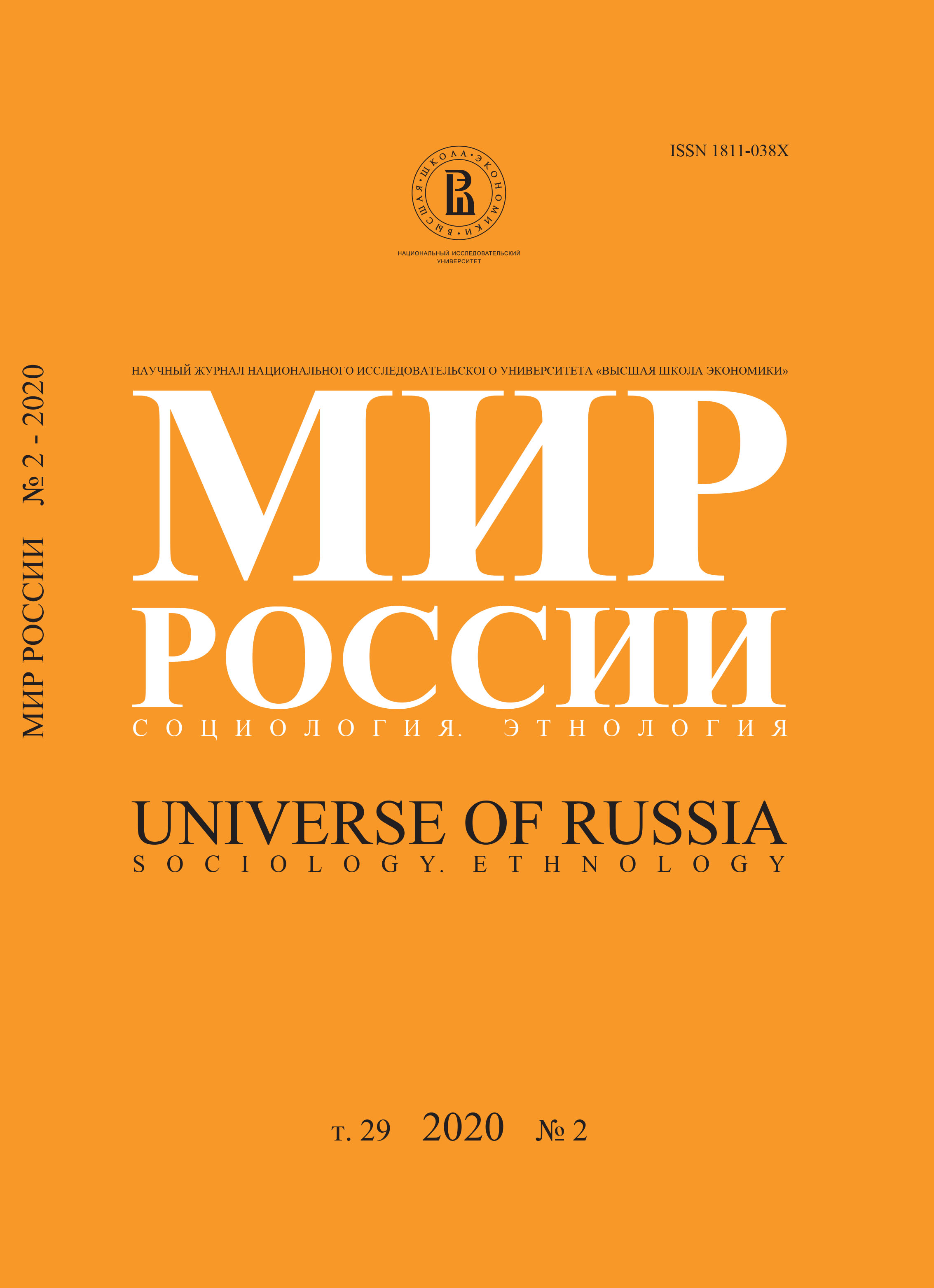Plagiarism in Russian Doctoral Dissertations: How Much, Where, and in Whose Work?
Abstract
Citation: Makeeva A., Tsivinskaya A., Sokolov M., Sokolova N., Guba K. (2020) Plagiarism in Russian Doctoral Dissertations: How Much, Where, and in Whose Work? Mir Rossii, vol. 29, no 2, pp. 27–48 (in Russian). DOI: 10.17323/1811-038X-2020-29-2-27-48
In recent years, plagiarism in the doctoral dissertations of politicians and other public figures has caused scandals in several countries. However, plagiarism is usually discovered by whistleblowers interested in exposing particular plagiarizers rather than seeking to uncover the whole picture of the scale and origins of plagiarism. In this paper, we fill this gap by analyzing a random sample of 2,468 Russian doctoral dissertations defended in 2006–2015 (9.3% of the total population of dissertations defended during this period) using plagiarism detection scripts. These data allow an estimation of the spread of plagiarism and test some general hypotheses concerning the factors facilitating it. We evaluate three possible explanations: alternative conventions (groups of scholars differ in their understanding of what “plagiarism” is), anomie (plagiarism emerges from failing to embrace scientific ethos) and rational choice (plagiarism is likely when the expected costs are less than the benefits of transgressing a norm). We then evaluate the influence of a set of independent variables related to these hypotheses – discipline, defense year, region, the type of organization and the author’s bibliometric profile. According to our findings, the average and median amount of unauthorized borrowing in a doctoral dissertation is 19.1% and 13.9% respectively (with no more, than 6% of these figures attributable to “false positives” by the software mistakenly identifying plagiarism). Only a quarter of dissertations include less than 7% of incorrect borrowings. On the other hand, borrowings exceeding 50% are also relatively rare (in ca. 3,6% of doctoral dissertations). We argue that, overall, the pattern observed fits better with the theoretical model of alternative conventions. Variables associated with anomie (the rapid expansion of the discipline, evidence of imitating academic productivity by gaming the indicators) does not demonstrate significant correlations with the amount of plagiarism. Variables associated with the rational choice hypotheses (the academic fitness of the candidate and his/her institution, the spread of plagiarism-detecting software) demonstrate some, moderate, significance.






